Stories
Philippines: Wild Wild Champions of Peat
Oct 20, 2022 by Irene Chooi
One of the first friends I made in the Philippines was a precocious four-year-old boy who took my hand and offered to teach me how to ride an All Terrain Vehicle (ATV) on his family’s farm. His parents - Ronnie Villaber and Jam Colas - are the proud owners of The Peat by Wild Wild Pigs. Located just 10 kilometres from Tacloban City, the eco-farm is a popular ecotourism hotspot for locals who come for native cuisine, ATV rides, birdwatching, photoshoots, and more.
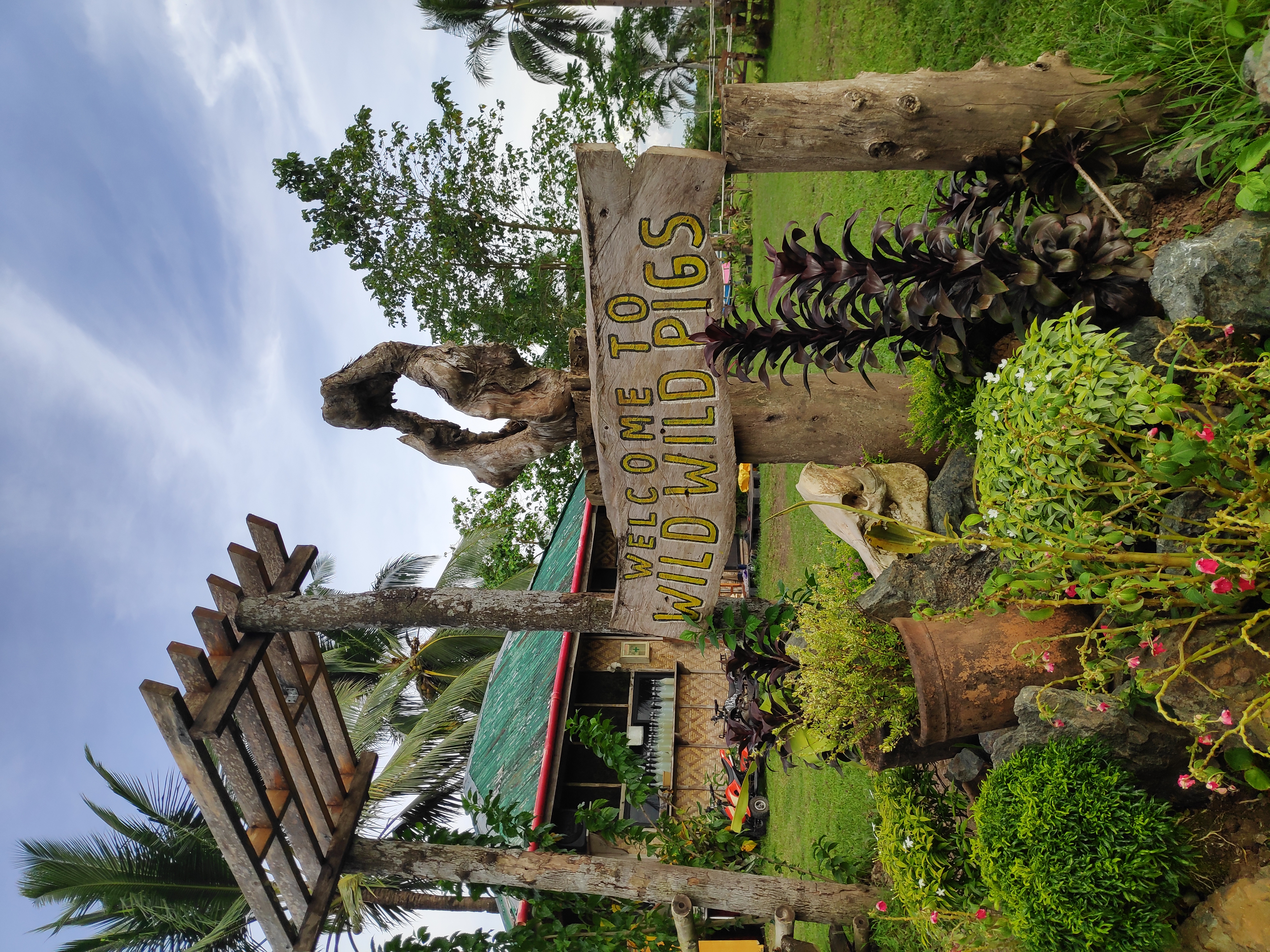
escape the hustle and bustle of city life.
Less than 3% of the landmass in the Philippines is classified as peatlands. This includes the Agusan Marsh and Leyte Sab-a Basin, with many unverified peatlands dotted around the archipelago. With a size of around 3,000 hectares, Leyte Sab-a plays a significant role as a carbon sink in the country. Unfortunately, almost 50% of the peatlands are heavily degraded due to forest fires, land conversion for agriculture, and poaching.
The Peat by Wild Wild Pigs sits on a hill on the fringe of the Leyte Sab-a peatlands. Its natural elevation and breathtaking views of the vast expanse of greenery that surrounds the farm make it a popular destination for visitors looking to escape the hustle and bustle of city life.
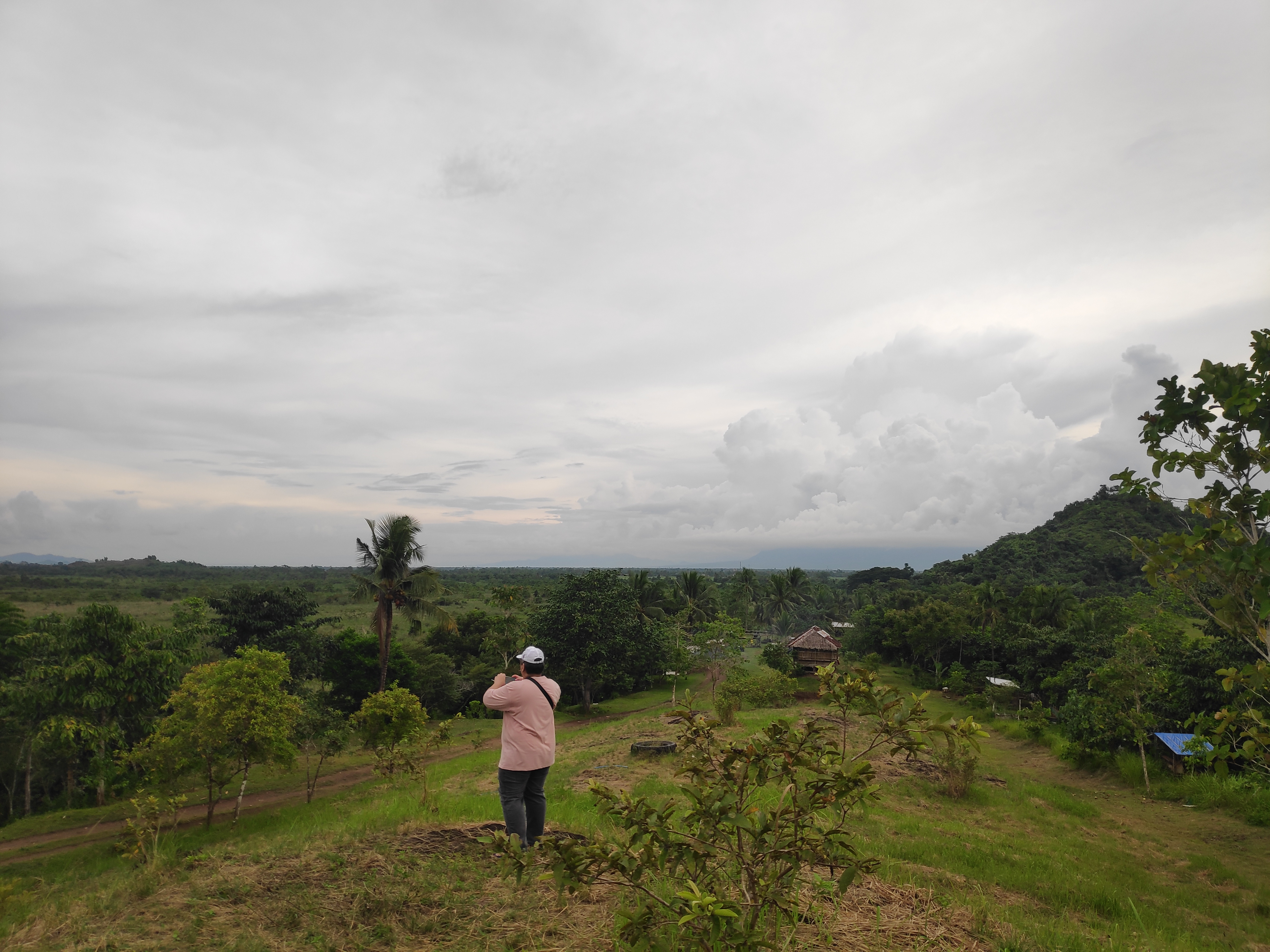
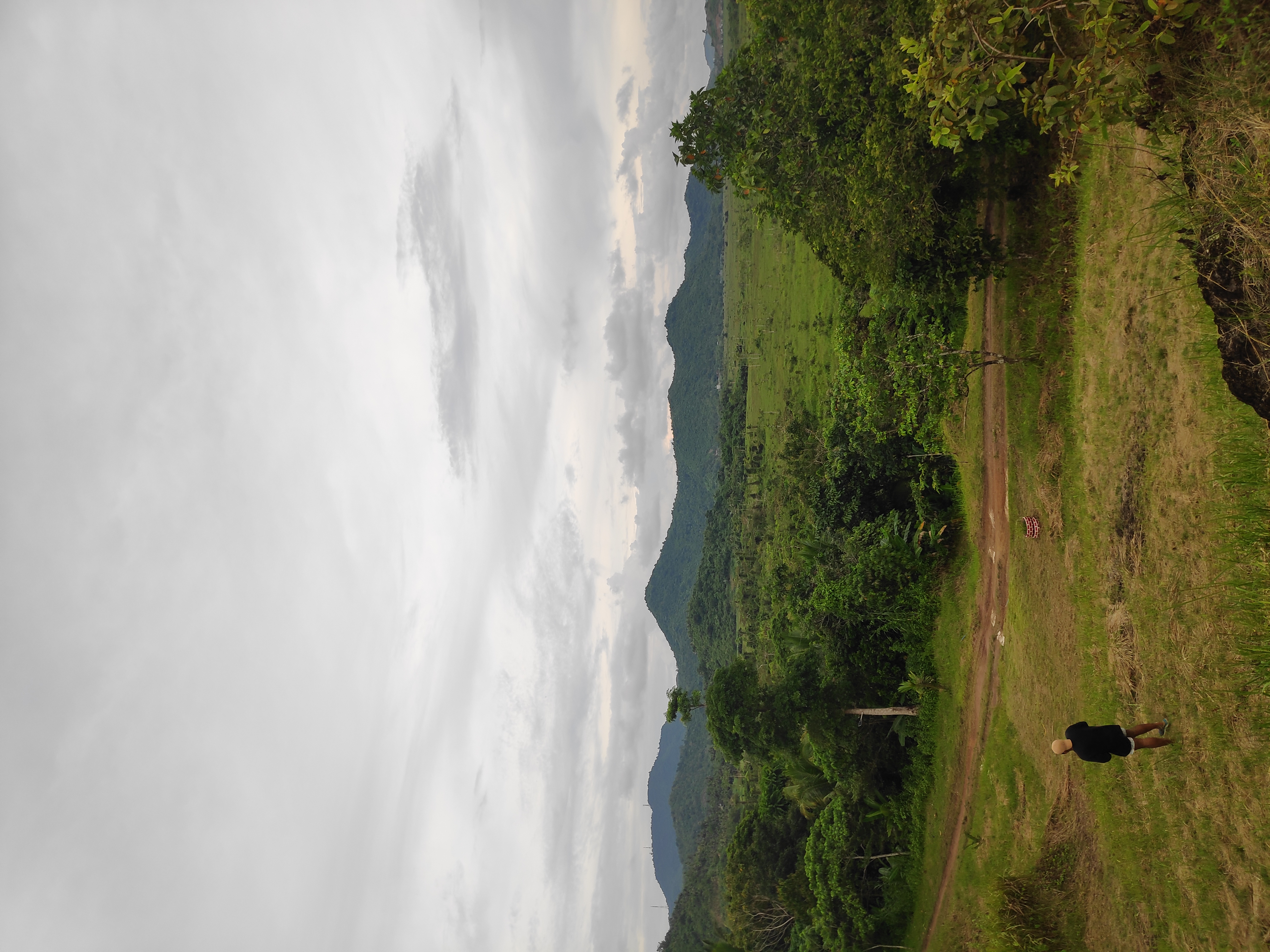
Jam and Ronnie have big plans for The Peat. While already welcoming a steady stream of holiday-makers, researchers, nature-lovers, and traditional food connoisseurs, the couple want their farm to become the educational eco-tourism hub of Eastern Visayas and a place for the local community to learn about and practice alternative livelihoods on peatlands.
While leading us on a tour of the farm, Ronnie explained that community members often turn to poaching out of necessity due to a lack of livelihood opportunities, something the power couple is trying to change.
“We turned this portion of the farm into a communal farming area,” said Ronnie, pulling a big planning whiteboard out of a hut, “The families who work the land here mainly grow several varieties of chillies and okra. We try to help them find a market to sell the produce as well. The important thing is they realise there is another way to make a living on peatlands.”
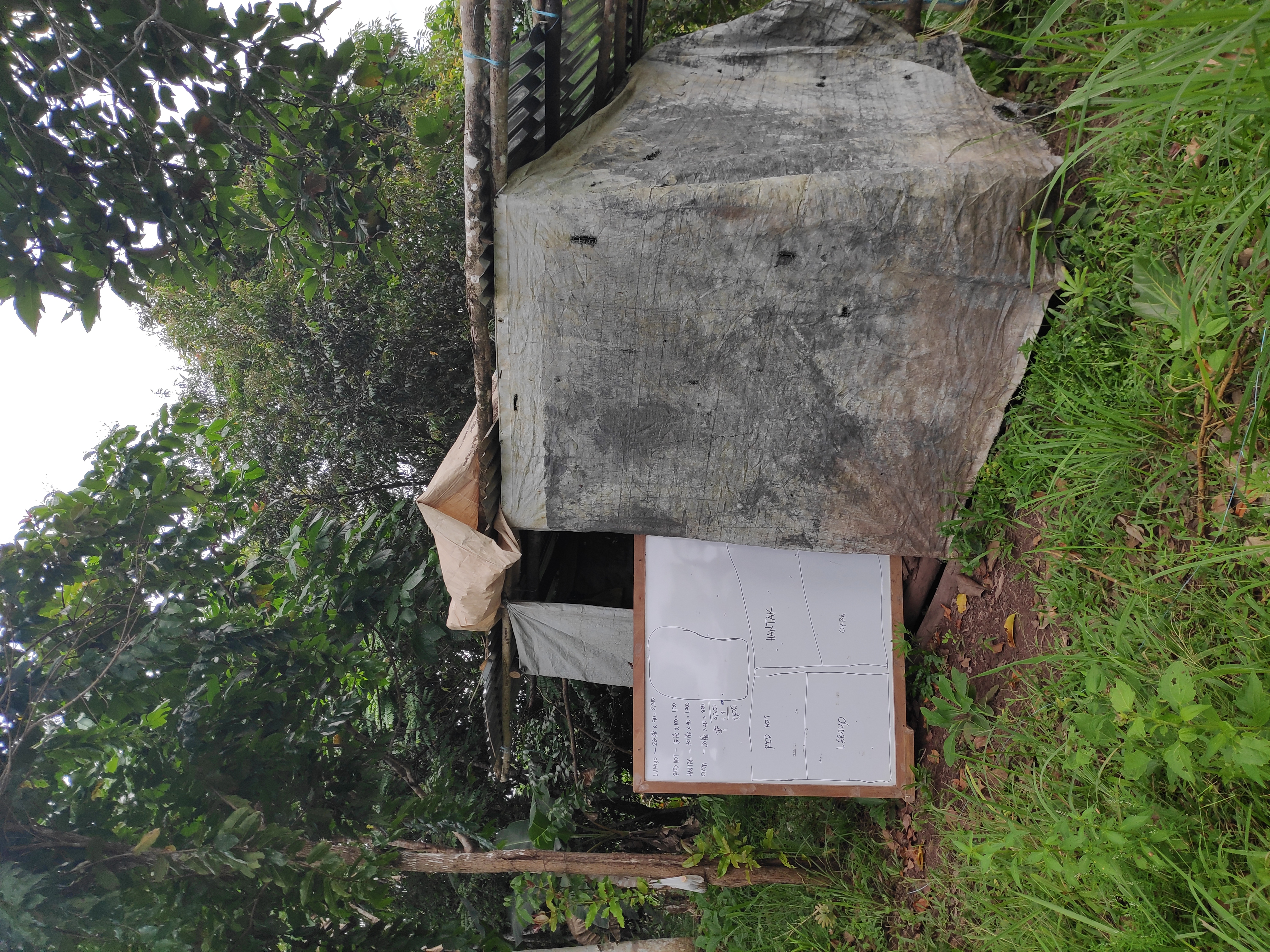
Running a productive farm that’s also an eco-tourism hotspot is not an easy feat. That’s why Ronnie and Jam reached out to People for Peat. As Business Hub cohort members, they have access to PFP’s panel of experts, technical assistance, and more.
The duo are dedicated to championing this unique and critical ecosystem, but that wasn’t always the case. Chatting with us at a gazebo with a gorgeous view of their land and with a cup of delicious tsokolate (a traditional Filipino hot chocolate made with pure cacao beans) in hand, Jam told us they had no idea the farm was on peatlands when they first bought it.
“Initially, I felt so stressed. All I wanted was a farm, but suddenly it felt like the world was on our shoulders! But then I realised we should be grateful for this chance to protect this vital ecosystem and I hope we can teach more people to love it.”
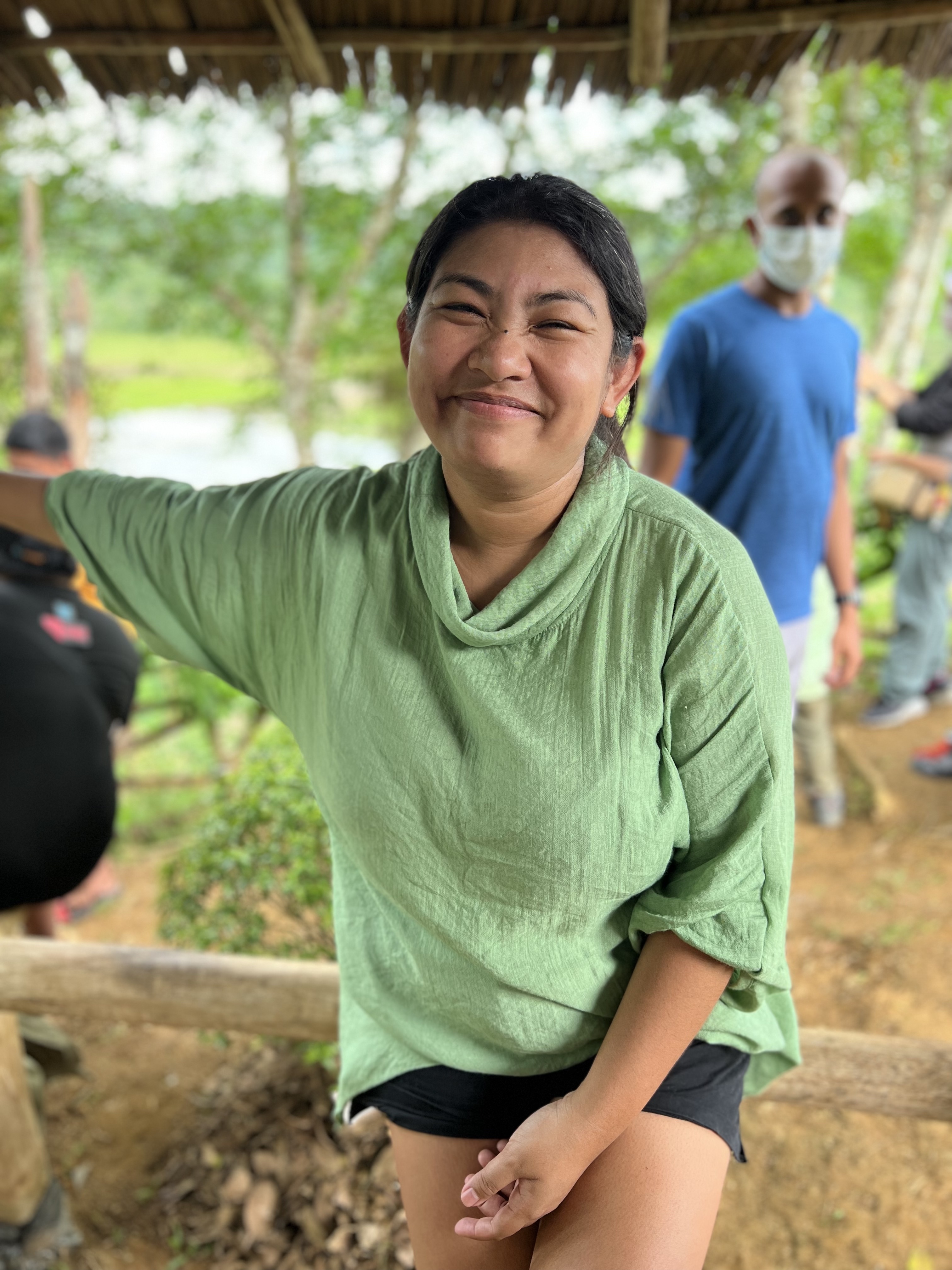
children to grow up surrounded by greenery.
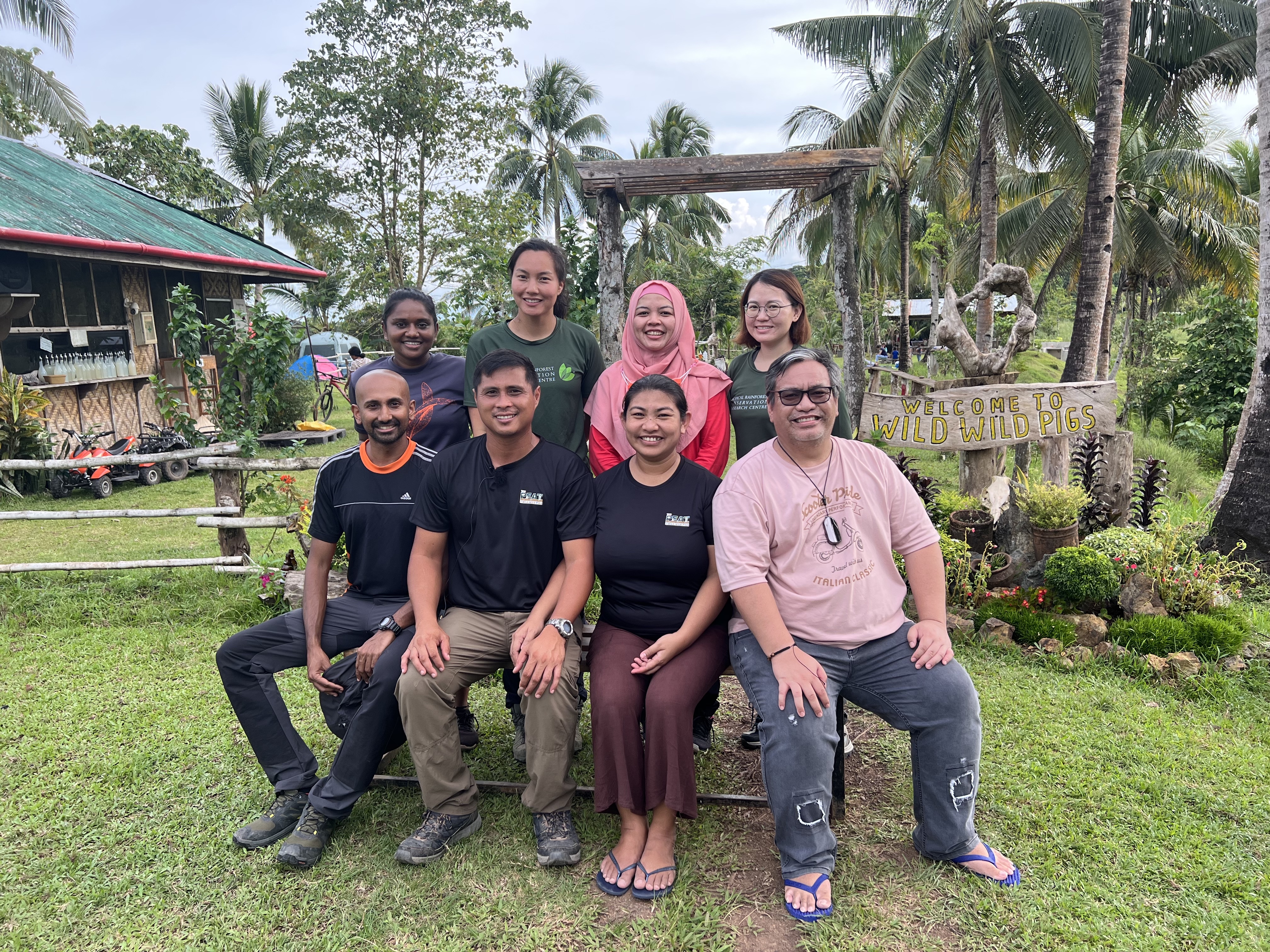
conversations about the challenges and best practices of running an eco-tourism farm on peatlands.
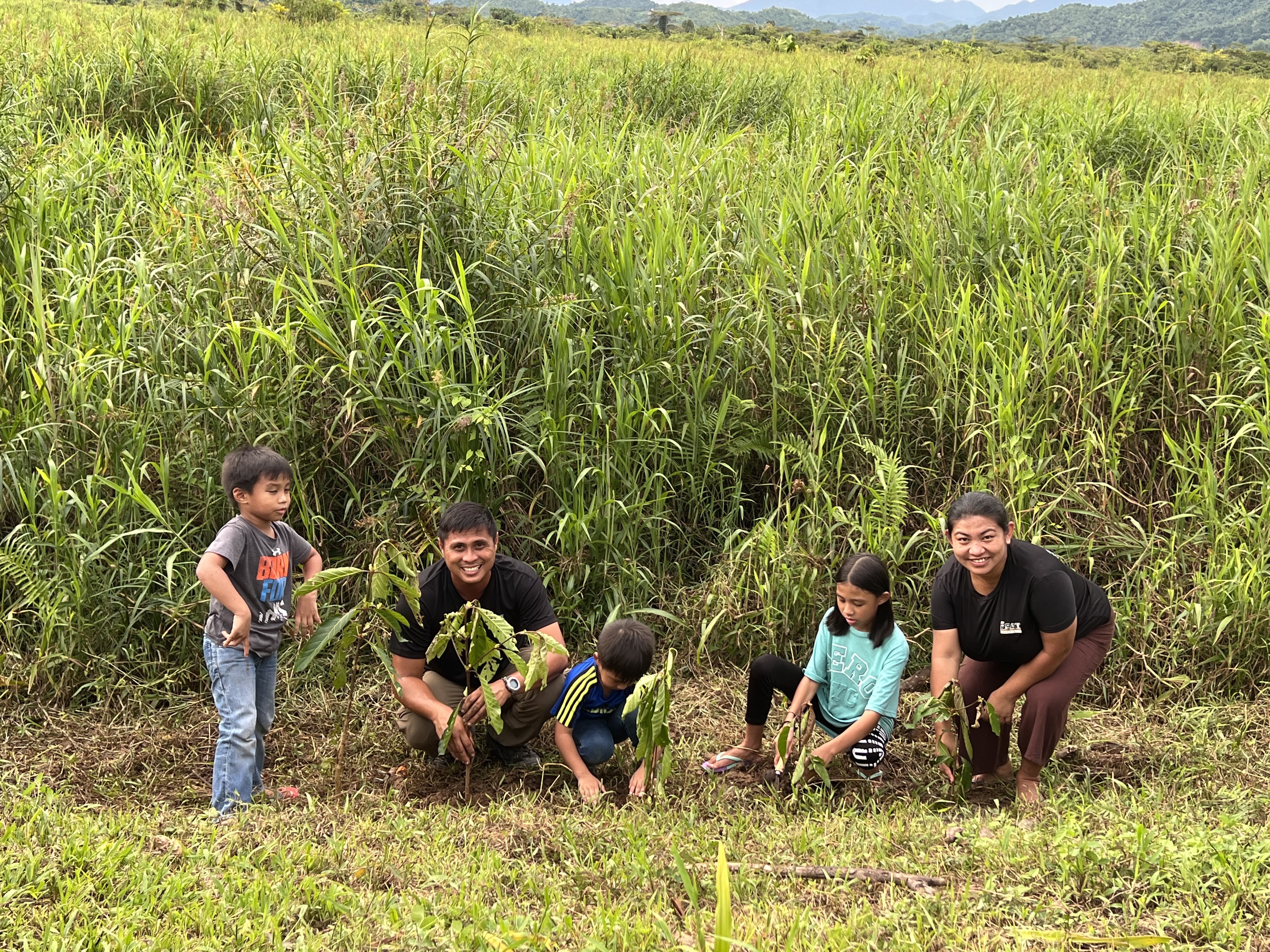
three children are encouraged to roam free at the farm and explore their surroundings.
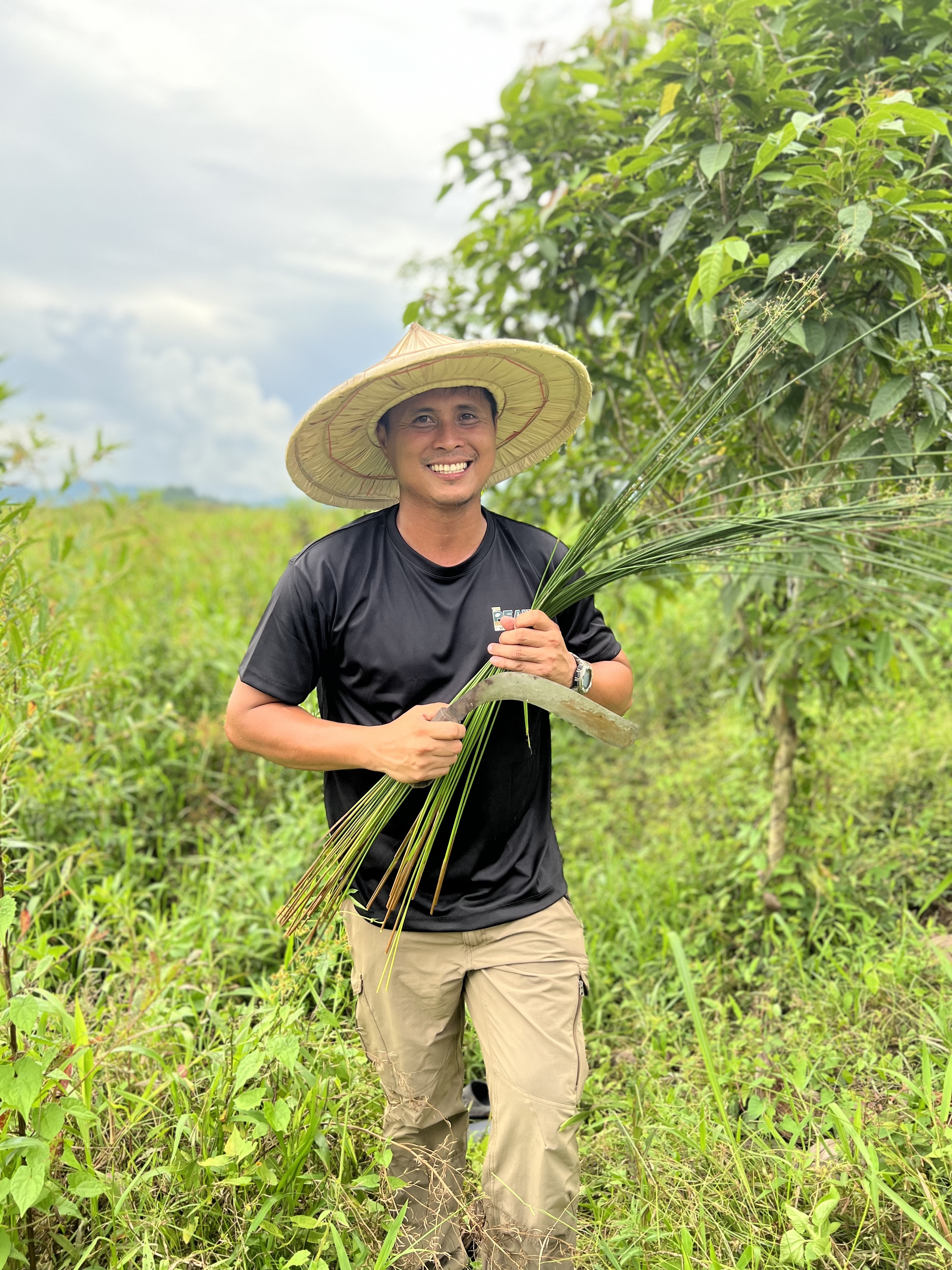
them to weavers who turn them into colourful merchandise.
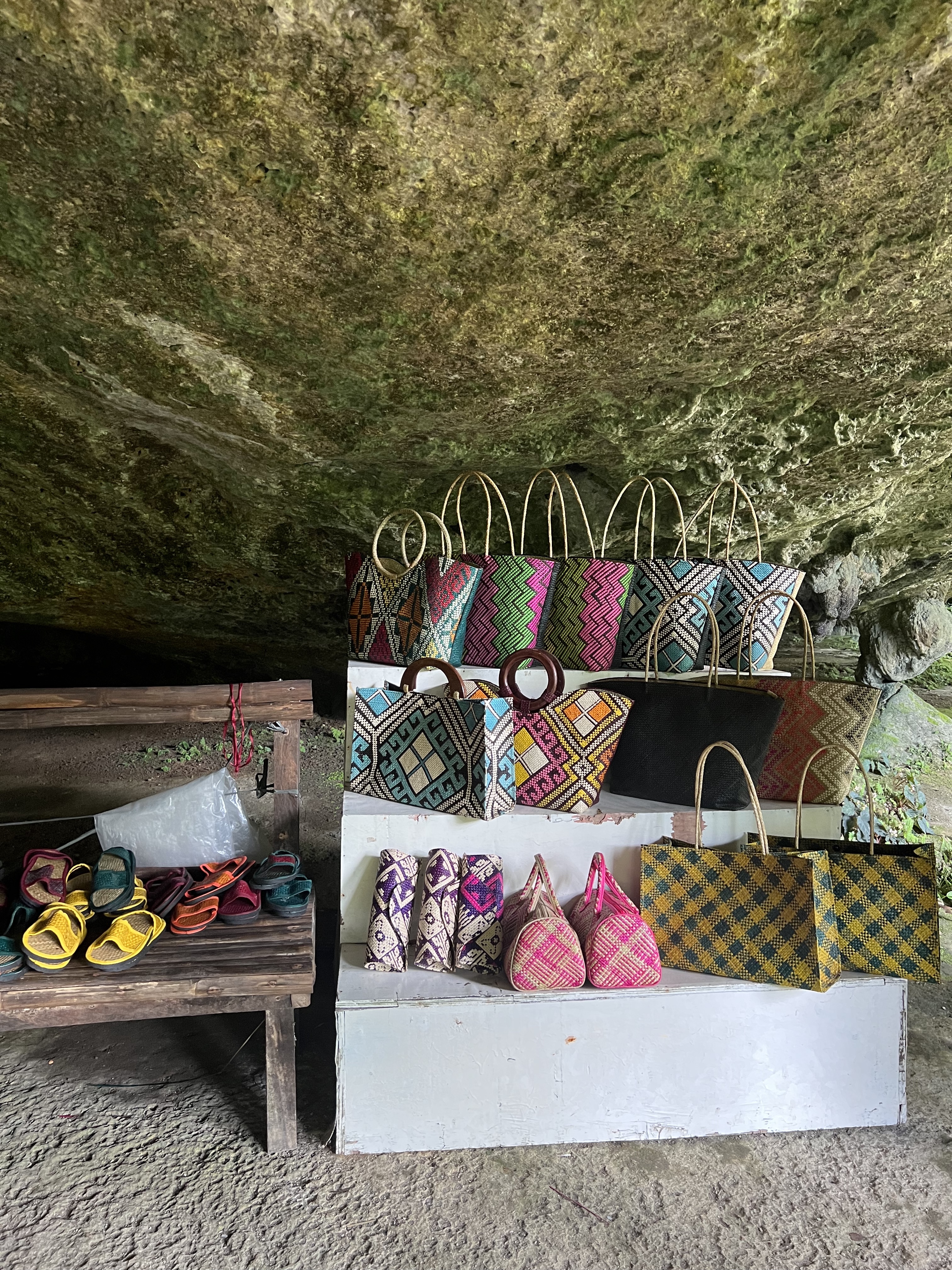
Weavers at Basey, Samar use Ticog to weave beautiful handbags, backpacks, mats and more. It is part of local tradition to pass
the knowledge of weaving from mother to daughter.
------------------------------------------------------------------------------------------------------------------------------------------------------------------------------------------------------------------------------------------------------------------------------------------------------
Explore Southeast Asia’s Peatlands from the comforts of your own home through our Peatland Travels Video Series.
Head over to our YouTube Channel for more.